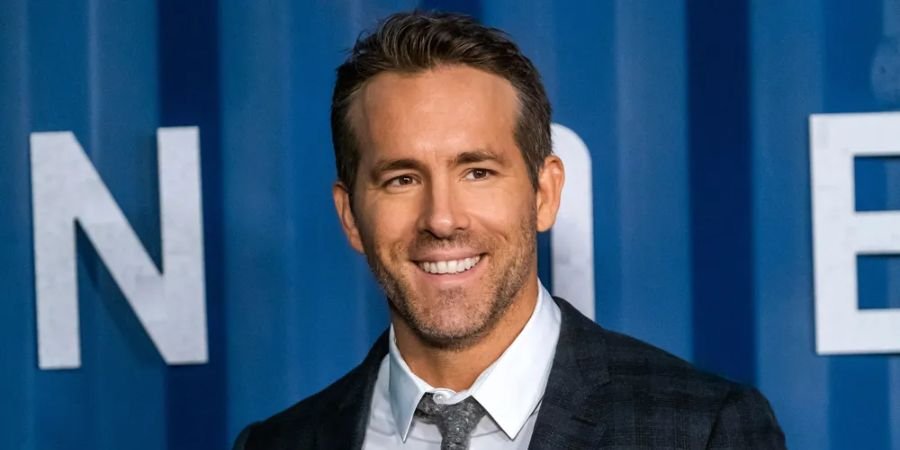As we advance into 2024, the role of C-level executives is more complex and demanding than ever. Business leadership requires a unique set of skills and qualities to navigate the rapidly evolving business landscape. The expectations for C-level executives are high, and those who excel in their roles often exhibit key leadership qualities that set them apart. Here’s a look at the top leadership qualities essential for C-level executives in 2024.
- Visionary Thinking
In 2024, effective C-level executives are expected to be visionary leaders who can anticipate future trends and guide their organizations through change. Visionary thinking involves understanding market dynamics, embracing innovation, and setting a strategic direction that positions the company for long-term success. Leaders who can inspire their teams with a clear and compelling vision are more likely to drive growth and maintain a competitive edge.
- Adaptability and Agility
The business environment is increasingly volatile, with rapid technological advancements and shifting market conditions. C-level executives must demonstrate adaptability and agility, responding swiftly to new challenges and opportunities. This means being open to change, embracing new technologies, and leading their organizations through transitions with resilience and flexibility.
- Emotional Intelligence
Emotional intelligence (EI) remains a cornerstone of effective leadership. For C-level executives in 2024, high emotional intelligence is crucial for managing diverse teams, navigating complex interpersonal dynamics, and fostering a positive organizational culture. Leaders with strong EI can build trust, communicate effectively, and handle conflicts with empathy and understanding.
- Decisiveness
The ability to make informed and timely decisions is a critical leadership quality for executives. In a rapidly changing business landscape, C-level leaders need to be decisive, balancing data-driven insights with intuition and experience. Strong decisiveness helps in setting priorities, allocating resources efficiently, and driving strategic initiatives forward.
- Strategic Communication
Effective communication is vital for C-level executives, both within and outside the organization. Strategic communication involves clearly articulating goals, expectations, and strategies while actively listening to feedback. Executives must be able to convey complex ideas succinctly, engage stakeholders, and align their teams with the company’s vision and objectives.
- Innovation and Creativity
As businesses face new challenges and opportunities, innovation and creativity are essential qualities for C-level executives. Leaders who foster a culture of innovation can drive growth and stay ahead of the competition. This involves encouraging experimentation, supporting creative problem-solving, and leveraging emerging technologies to create value and drive progress.
- Ethical Leadership
Ethical leadership is increasingly important in today’s business world. C-level executives must lead with integrity, uphold ethical standards, and build a culture of transparency and accountability. Ethical leadership not only protects the company’s reputation but also fosters trust and loyalty among employees, customers, and other stakeholders.
- Results-Orientation
Achieving results is a key focus for C-level executives. Leaders must be results-oriented, setting clear goals, measuring performance, and driving operational excellence. This involves aligning team efforts with strategic objectives, ensuring effective execution of initiatives, and continually assessing and improving business outcomes.
- Global Perspective
In an interconnected world, having a global perspective is crucial for C-level executives. Leaders must understand and navigate international markets, cultural differences, and global trends. A global perspective helps in identifying opportunities for expansion, managing cross-border operations, and building diverse, inclusive teams.
- Mentorship and Talent Development
Effective C-level executives invest in developing their teams and future leaders. Mentorship and talent development are essential for building a strong leadership pipeline and ensuring organizational continuity. By supporting professional growth, providing constructive feedback, and recognizing achievements, executives can cultivate a high-performing team that drives long-term success.
Conclusion
As we move through 2024, C-level executives are required to exhibit a diverse set of leadership qualities to effectively navigate the complexities of modern business. Visionary thinking, adaptability, emotional intelligence, and other key attributes are crucial for leading with impact and achieving sustainable success. By embodying these leadership qualities, C-level executives can inspire their teams, drive innovation, and position their organizations for continued growth in a dynamic and competitive landscape.
Read Also: The Role of Men in Women’s Empowerment: Allies for Change










